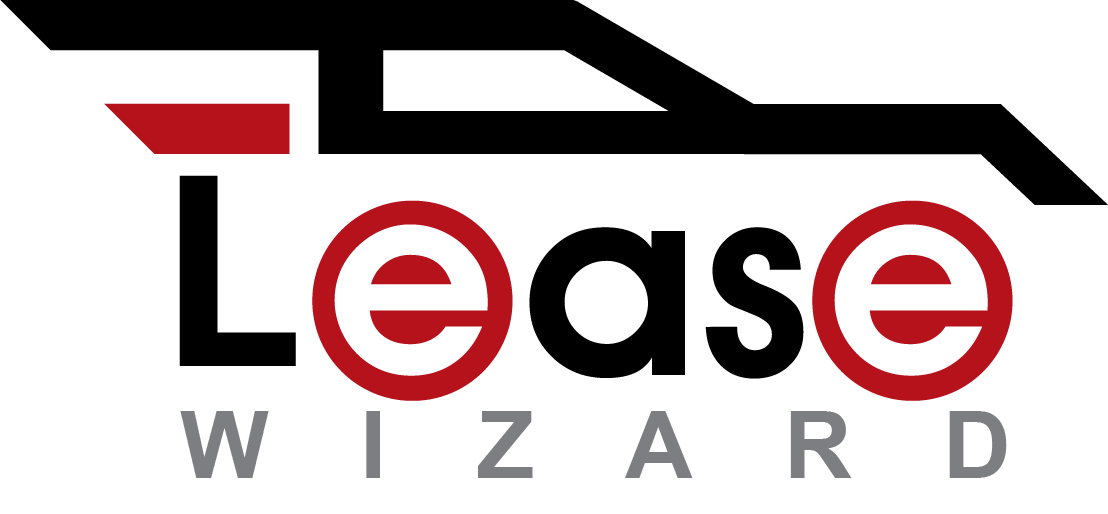California is the nation’s most populous state, and also the most drivers and registered vehicles as well. Californians spend a lot of time in their car, either because they are stuck in traffic in the densely populated Los Angeles or Bay Area metro areas, or because they’re in less densely populated areas but have a lot of ground to cover. Given the importance of vehicles to Californians lifestyle and economy the state has generally put in easy to understand, if not inexpensive, rules, taxes, and fees related to automobile buying, leasing, and use.
A few of the important things to know:
- The maximum documentation fee the dealer may charge is $80, and it could be less than that if the dealer doesn’t provide certain registration services.
- Whether you are buying or leasing, there is no credit given for a trade-in vehicle to reduce the taxable amount of your purchased vehicle.
- This can make leasing more attractive in California – you only pay for the part of the vehicle you’re using, not the entire value of the car.
- You’ll always get a lower offer for a vehicle from a dealer than from selling it privately, but in other cases that’s offset, at least partially, by trade-in tax credit. So leasing keeps you from having to sell it privately to maximize the outcome.
- Whether you purchase or lease you will owe sales tax on the value of any manufacturer rebates that are provided, because they are considered a form of payment, not a price reduction, in California.
- The registration fee in California is above average because it has a portion of the fee that is based on the vehicle value. So if you have two vehicles under consideration – one you’d purchase and another that is much more expensive that you’d lease, the registration fee on the more expensive vehicle could be hundreds more than the other registration.
